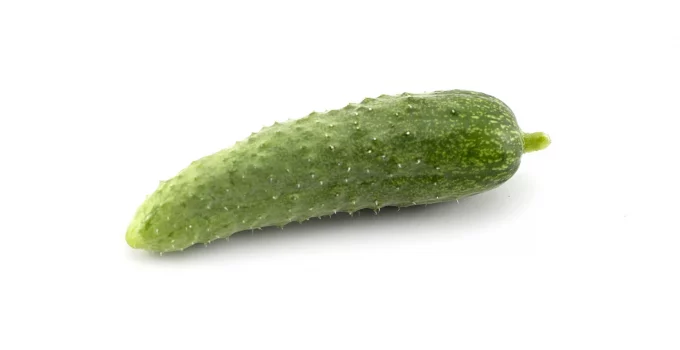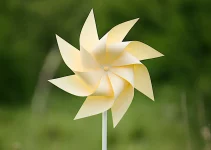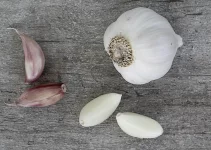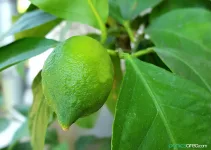Answering the question why are my cucumbers white is pretty important since the apparition of cucumbers turning white is really unpleasant.
Especially since it happens when the plant is already fully grown and going through the fruit development phase. It makes us feel like a lot of our efforts are completely wasted and we’re left feeling disappointed.
Unfortunately, unlike tomato leaves turning purple or basil leaves turning yellow or mint leaves turning white, which have pretty easy solutions most of the time, cucumbers turning white are fruits that have to be thrown away. They have no more use.
Table of Contents
Why Are My Cucumbers White? The Causes & Solutions
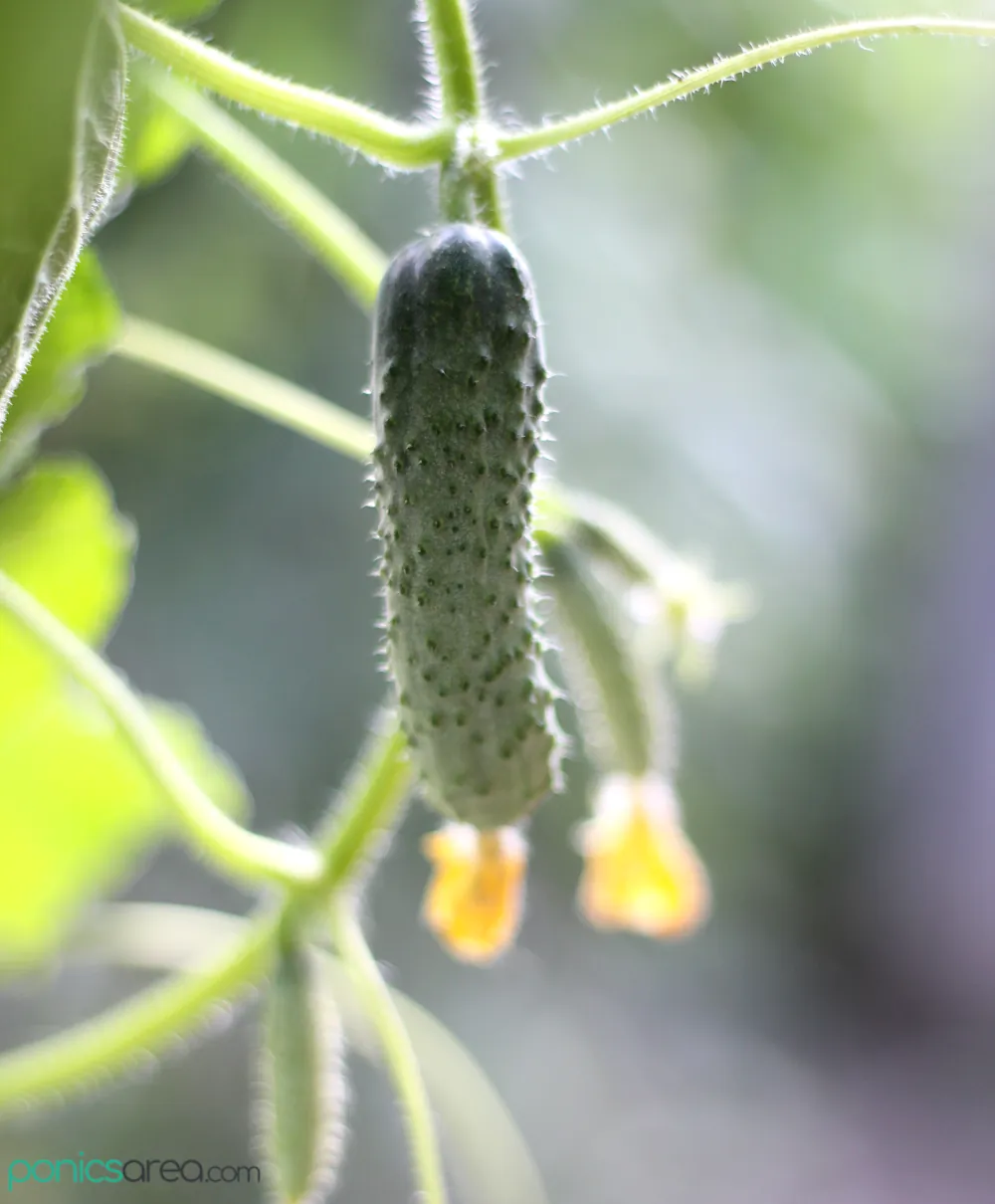
Before actually delving into the answers to why are my cucumbers white, I must reassure you that cucumbers will grow on any fertile soil but they must have warm temperatures.
If you know that these two have been covered, let’s see which might be the problems.
1. Powdery mildew
This is a fungus (E. cichoracearum) that can affect melon, cucumber, pumpkin, and squash.
However, cucumbers turning white is not a frequent result of powdery mildew.
The leaves and the stems are the ones most affected and exhibiting clear signs of being affected by this fungus.
The first symptoms are:
- fine web of white threads spreading out from the center anywhere on the leaf
- then, the whole leaf becomes covered with something that resembles a white mat of fungus threads
- these threads bear spores that fall when the leaf is disturbed – these spores are then ones responsible for plant to plant transmission
- the leaves then turn in succession: yellow, brown, and shrivel
- it can also occur on the stem
As you can see, white cucumbers, as in the actual fruits turning white is not among the first symptoms.
Actually, fruits are rarely infected with powdery mildew.
It’s actually more likely for the yield and quality to be reduced thanks to the damaged foliage.
Nevertheless,
There can be cases when the fruit is affected by white fluffy growth, while the leaves are perfectly green. Due to that reason, powdery mildew is a potential answer to the question why are my cucumbers white.
Solutions
Spray the affected plants with water in the morning so that they can dry before other fungi infect the plant. Water is a good solution because it washes off the pores. The problem is to avoid overwatering or we’re getting into even more trouble.
Another solution you can use to spray the plants with is: combine 1 tablespoon baking soda + one-half teaspoon of liquid non-detergent soap with one gallon of water.
You can also use milk as a potential solution: spray the plant with a mix of one part milk to two or three parts water.
If none works, go for organic fungicide treatments.
Avoid the following in order to prevent powdery mildew:
- overcrowding
- overshading
- and using excess fertilizer and water
2. Blanching
This can happen when the fruit is completely obscured by leaves. It means that the fruit doesn’t receive any sunlight.
Check to see if those cucumbers turning white are hidden behind a canopy of big leaves.
It’s normal for the fruits to be shaded but not entirely kept in darkness.
Solution
Prune one or two of those big leaves if that’s indeed the case.
Leave just a bit of shade to offer them protection against the hot summer sun.
Moreover, I also found this video on how to prune cucumber plants, if you’re interested in seeing a quite complex approach.
3. Excessive moisture
Why might excessive moisture be the answer to the question why are my cucumbers white? After all, cucumbers love water, we can easily tell that because they originated in the tropics.
It can happen because too much water can cause leaching.
Leaching is the movement of nutrients from the root zone to the soil below. So, the roots don’t have access to the much needed nutrients.
For our cucumber plants, this loss of nutrients can lead to pale yellow or white fruits.
Solution
Sandy soils and soils with low organic matter contents are more predisposed to leaching.
From this, we immediately spot a possible solution: add compost to the soil to prevent loss of nutrients. You should actually work some compost into the soil before sowing the seeds.
You can also use liquid plant food once every two weeks or use granular slow-release fertilizer.
If you’re growing a pretty massive crop, the best recommendation for watering is furrow irrigation. Sprinkles irrigation is also a good alternative.
However, for most of us, watering by hand is completely feasible if you only have a few cucumber plants growing.
Obviously, we must provide an adequate supply of moisture.
But we must also take into consideration if the soil is filled to its maximum water-holding capacity, like considering if there has been heavy winter rainfall.
As a general guideline: 18 to 24 inches of water is applied during the growing season. That means about an inch of water weekly.
What Can You Do with White Cucumbers?
I absolutely don’t think you should be eating them. If they are turning white because of fungi, definitely throw them away.
If their color is not vibrant green because of blanching or soil leaching, then their usual flavor is not there either. You won’t enjoy eating them.
The question why are my cucumbers white is not frequently asked because it’s not something that happens often but now you know which are the main culprits and, most importantly, what you can do for your next crop to avoid cucumbers turning white.

